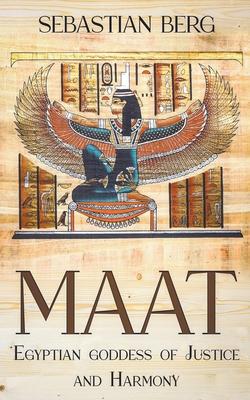Do you want to learn more about the Egyptian goddess Maat and her enduring legacy? Have you ever wondered what principles she stood for and how her impact can still be felt today?
An ancient Egyptian deity, Maat was the symbol of order and cosmic harmony that kept the universe running smoothly. In the culture of Ancient Egypt, she was viewed as a significant part of the world-making creation process and lauded for her strength in upholding social balance and justice. Her legacy lives on to this day, setting an example of fairness and righteousness that all civilizations should strive towards. Maat is an incredible female figure whose wisdom continues to teach us crucial values even thousands of years after her existence in Ancient Egypt.
Maat held an impressive role in ancient Egypt, as evidenced by her presence in artwork from tombs to temples. She was considered so imperative for keeping the country at peace that even her image would bring a sense of harmony. People viewed balance and justice as essential values, prerequisites to living in a safe and tranquil nation, and looked to Maat to make sure they were upheld. Even when the lands were filled with evidence of unrest, the importance of Maat was never forgotten.

Do you want to learn more about the Egyptian goddess Maat and her enduring legacy? Have you ever wondered what principles she stood for and how her impact can still be felt today?
An ancient Egyptian deity, Maat was the symbol of order and cosmic harmony that kept the universe running smoothly. In the culture of Ancient Egypt, she was viewed as a significant part of the world-making creation process and lauded for her strength in upholding social balance and justice. Her legacy lives on to this day, setting an example of fairness and righteousness that all civilizations should strive towards. Maat is an incredible female figure whose wisdom continues to teach us crucial values even thousands of years after her existence in Ancient Egypt.
Maat held an impressive role in ancient Egypt, as evidenced by her presence in artwork from tombs to temples. She was considered so imperative for keeping the country at peace that even her image would bring a sense of harmony. People viewed balance and justice as essential values, prerequisites to living in a safe and tranquil nation, and looked to Maat to make sure they were upheld. Even when the lands were filled with evidence of unrest, the importance of Maat was never forgotten.